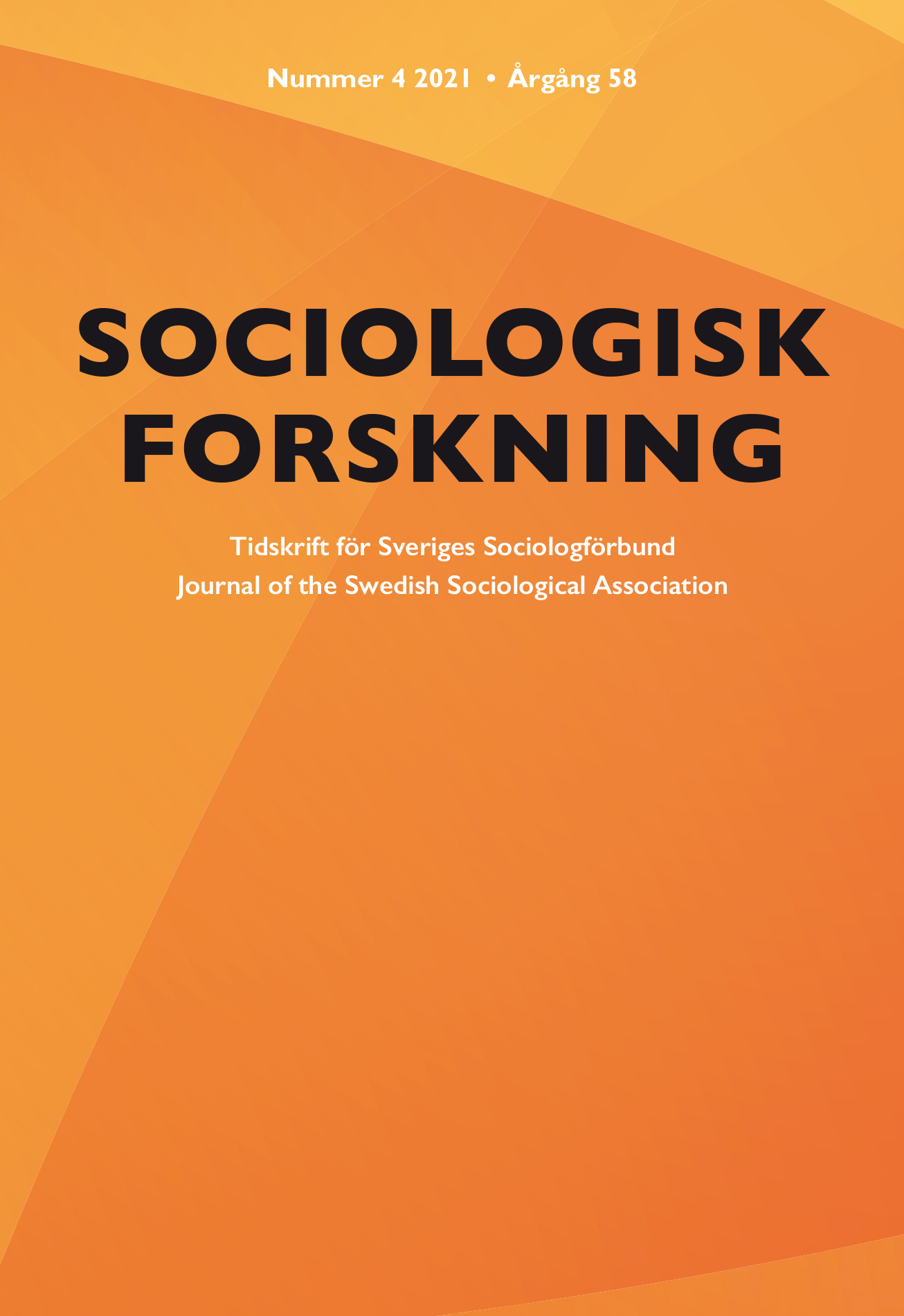Social relations and challenges to consuming less in a mass consumption society
DOI:
https://doi.org/10.37062/sf.58.22818Keywords:
sustainable consumption, lifestyle, downsizing, reduced consumption, transformationAbstract
Increasing numbers of people in welfare societies express worries about their ecological footprint. Some make efforts to significantly reduce their consumption. Because people have been socialized into a society of mass/excess consumption, there are great challenges. How can someone learn to downsize when society incessantly compels her to continue with mass consumption habits? This article demonstrates, theoretically and empirically, how social relations, within a societal context of mass consumption, shape the conditions for transforming lifestyles to reduce consumption. It contributes to sociology as well as a growing interdisciplinary literature on reduced consumption by focusing specifically on challenges related to social relations. The study uses a qualitative approach and an interview study of 24 people in Sweden making significant efforts to reduce their consumption. Findings – both perceived challenges and creative ways of coping with them – are related to four analytical themes: (1) the intersection of everyday rituals and consumption; (2) the norms and normality of mass consumption; (3) social comparison and status consumption; and (4) social and community support for reducing consumption.
Downloads
Published
How to Cite
Issue
Section
License
Copyright (c) 2022 Author and journal

This work is licensed under a Creative Commons Attribution-NonCommercial-NoDerivatives 4.0 International License.
All content in Sociologisk Forskning is published with immediate open access, under the Creative Commons license CC BY-NC-ND 4.0.
All content may be read, downloaded, shared and printed for non-commercial purposes, free and without fees. Contents may not be altered. When content is reused, author, source and a link to the copyright licence must be provided. The author retains copyright to their content. No publication fees are charged.





